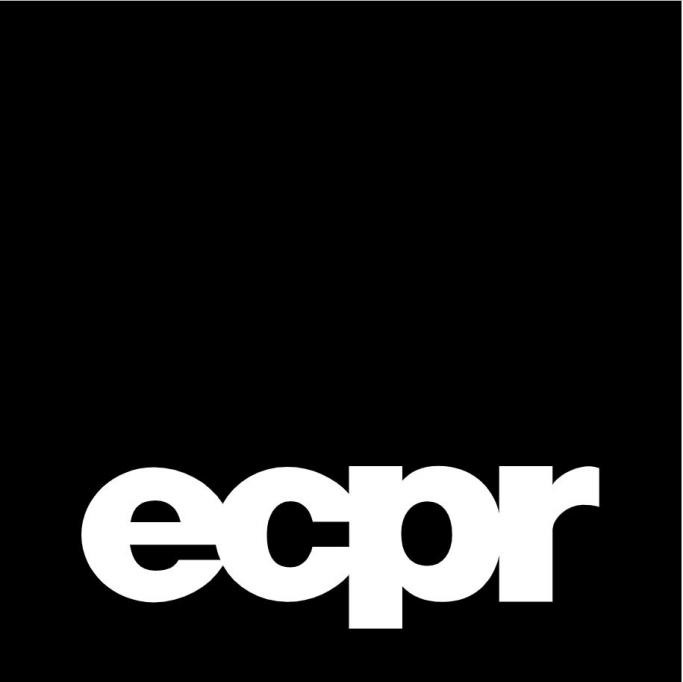Thank you for your message. The IPPA team will get back to you shortly. You first need to login here.



RULES AS DATA
ECPR Joint Sessions, Online, 19-22 April 2022
https://ecpr.eu/Events/Event/PanelDetails/11396
ABSTRACT
Rules’ content provides key evidence to a wide array of theories. It embodies ideas. It qualifies regimes, gauges their change, and defines the capacity to respond and deliver. It reveals interest pressures and policy capture. It promotes collaborative forms of governance and decides the degree of competition in markets. It construes deserving groups and stigmatizes the non-deserving ones. It molds political economies of winners and losers, consolidates expectations, steers behavior, and eventually decides the complementarity or incompatibility of crucial goals such as environmental protection, social protection, and economic growth. In statutes, it shapes the degree of independence and discretion of the rule-makers across contexts. It can drown people in ‘sludge’ or trap them into ‘Catch 22’ situations, and, more generally, it defines non-compliance and contributes to distrust. Whereas regulatory content has often been gauged through experts’ opinions, short summaries, or outputs, its direct coding is gaining attention as an alternative empirical ground. Ideally, a coded corpus can serve different theories and be treated with different techniques to corroborate or bridge them. Moreover, it makes technical details available for transfer and learning. These promises, however, stand depending on how rules’ content is coded. Coding organizes information into evidence of a meaningful construct. This sense-making operation entails a selection of empirics according to theoretical criteria of relevance and, hence, a purposeful disregard for the remaining information. As especially emphasized in debates on indicators, relevant information from the viewpoint of some clear theoretical concern – be it for capture, competition, or control – may result in biases outside its original scope. The solution toward more reusable coding consists of turning to lighter schemas that organize information by frameworks instead. A renowned example has been developed within the Institutional Analysis and Development framework, which suggests two coding strategies. The first is connected to seven special functions that rules perform in structuring a specific ‘action situation’ – for instance, the function of selecting participants, distributing information, or making certain options available. The second understands a rule as an analytic unit whose indispensable components are grammatical instead and span from the attributes that identify the addressees to the cogency of the prescription and the consequences of non-compliance. A different example borrows from the longstanding logic model diffused in organizational and policy design to shape the rationale of plans. In its original essential version, a logic model clarifies how certain resources and activities are deployed to produce the outputs that contribute to some expected outcome. While again it revolves around some stylized representation of an actual situation, it embraces a sequential mindset in which each element is assumed to be necessary to the following element in producing the outcome. By making these assumptions explicit, the logical model makes each link in the chain open to scrutiny and assessment. Applied to the rules governing special situations – from international trade to organizational policies – the logic model can unveil inconsistencies, gaps, or implausible assumptions in design.
The issue of rules as data opens two intertwined questions:
1. What are the limits of the three coding strategies – functional, grammatical, teleological – in providing some fundamental empirical basis to interpretations and concerns from regulatory theories? Are they exhaustive? Is there any claim or concern that cannot build on at least one of the three?
2. What is the relationship between functional, grammatical, and teleological coding? Are they incompatible or complementary? Is there one that can be recognized some more ‘fundamental’ status than the others?
To answer these questions, the workshop calls for papers that preferably, but not exclusively, focus on
a) the problems of matching regulation theories and interpretations with rules’ content;
b) the issues encountered in the construction of codebooks and datasets;
c) the limits, if any, of reusing existing data beyond their original scope;
d) the viability of mixing or merging different codings.
Contributions are welcome from either young and more established researchers with any disciplinary background.


Thank you for your message. The IPPA team will get back to you shortly. You first need to login here.